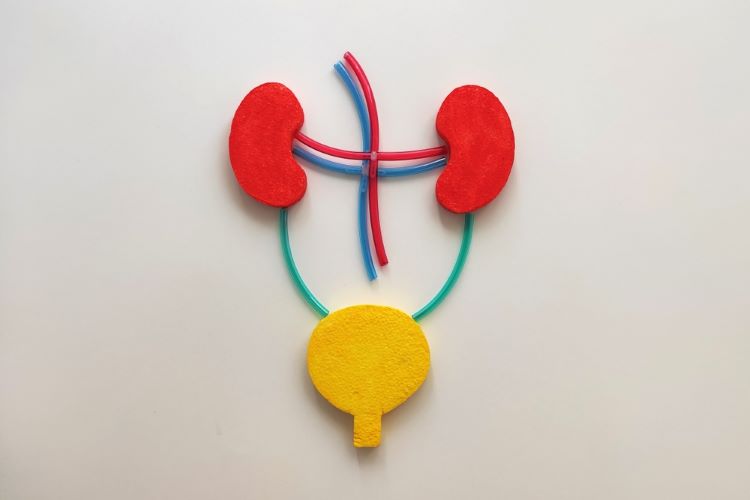ESMO 2023: Janssen reveals data for intravesical delivery system
Posted: 23 October 2023 | Catherine Eckford (European Pharmaceutical Review) | No comments yet
Phase IIb study results show evidence of sustained, durable complete responses beyond one year with an intravesical gemcitabine delivery system for a high-risk bladder cancer.


An intravesical drug delivery system designed to provide sustained local release of gemcitabine into the bladder, has enabled 77 percent of bladder cancer patients (23 out of 30) to achieve a complete response (CR) in the Cohort 2 of the Phase IIb SunRISe-1 study.
TAR-200 is indicated for Bacillus Calmette-Guérin (BCG)-unresponsive, high-risk non-muscle-invasive bladder cancer (HR-NMIBC) CIS (carcinoma in situ)-positive in individuals who are ineligible for, or decline radical cystectomy.
Janssen Pharmaceutical Companies of Johnson & Johnson’s data were featured at the European Society for Medical Oncology (ESMO) 2023 Congress. The results presented included an evaluation of 54 patients who received TAR-200.
According to the pharmaceutical company and Phase I data published on the intravesical delivery system, TAR-200 increases the amount of time the drug delivery system spends in the bladder, sustaining local drug exposure.
“Patients with NMIBC, who are unresponsive to BCG, immunotherapy treatments are at high risk for disease progression, and unfortunately, available treatment options remain limited,” stated a presenting author of the study, Dr Andrea Necchi, of Italy’s Vita-Salute San Raffaele University and the IRCCS San Raffaele Hospital and Scientific Institute.
Martin Vogel, EMEA Therapeutic Area Lead Oncology, Janssen-Cilag GmbH highlighted that “standard-of-care for BCG-unresponsive HR-NMIBC is radical cystectomy”.
Therefore “results of TAR-200 observed in this study present a potential less-invasive option for patients in the future,” Dr Necchi continued.
Details of the Phase IIb SunRISe-1 study for the intravesical delivery system
Participants in SunRISe-1 are randomised to one of three cohorts: treatment with TAR-200 in combination with cetrelimab (Cohort 1), TAR-200 monotherapy (Cohort 2), or cetrelimab alone (Cohort 3).
The safety and efficacy of the intravesical delivery system TAR-200 are being evaluated in Phase II and Phase III studies in muscle-invasive bladder cancer in SunRISe-2 and SunRISe-4 and NMIBC in SunRISe-1 and SunRISe-3.
Administered intravenously, cetrelimab is an investigational programmed cell death receptor-1 (PD-1) monoclonal antibody.
Sanofi-Janssen collaboration to advance novel E. coli vaccine
Related topics
Anti-Cancer Therapeutics, Antibodies, Big Pharma, Biologics, Biopharmaceuticals, Clinical Development, Clinical Trials, Data Analysis, Drug Delivery Systems, Drug Development, Drug Safety, Industry Insight, Research & Development (R&D), Therapeutics









